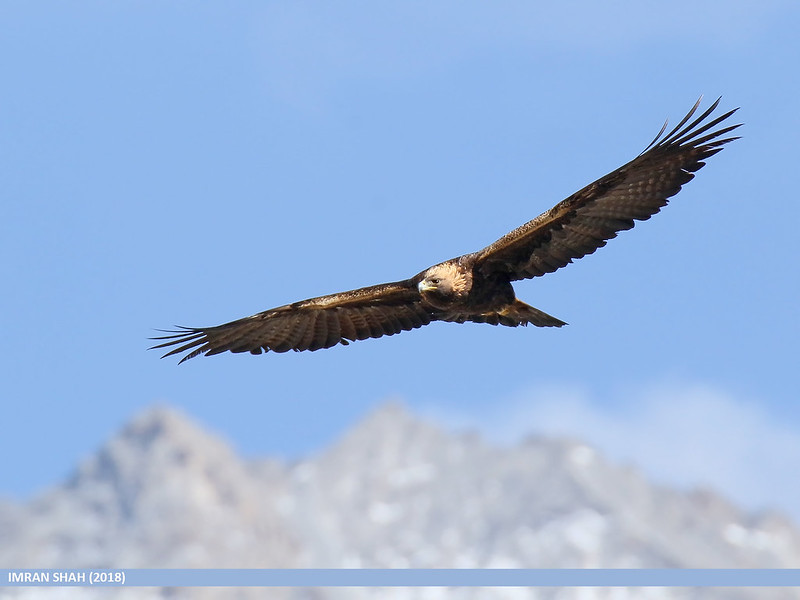Yes, there are Golden Eagles in Western North Carolina. These majestic birds migrate south from their breeding grounds in northeast Canada to overwinter in the region, making the Southern Appalachians, including Western North Carolina, an essential wintering habitat for this species.
The Presence of Golden Eagles in Western North Carolina
The Eastern Golden Eagle Working Group, in collaboration with the NC Wildlife Resources Commission, has conducted extensive research on the presence of Golden Eagles in Western North Carolina. Through the use of camera trap stations and GPS transmitters, they have discovered that these birds spend over half the year in the Appalachians, often in remote forests at high elevations.
According to the research, the Southern Appalachians, including Western North Carolina, provide a crucial wintering habitat for a small population of Golden Eagles. These birds generally prefer to roost and forage in remote forests at mid- to high elevations, often around grassy/shrub balds or small openings within the forests.
Characteristics of Golden Eagles in Western North Carolina
Golden Eagles are one of North America’s largest predatory birds, with a wingspan that can reach up to 7.5 feet. These impressive birds are known for their powerful flight, keen eyesight, and impressive hunting abilities. In Western North Carolina, they are often spotted soaring high above the mountains, searching for their prey, which can include small mammals, birds, and even young deer or livestock.
Despite their size and strength, Golden Eagles are relatively elusive and can be challenging to spot in the wild. They are typically found in remote, rugged areas, making them a fascinating and enigmatic presence in the region’s mountains.
Conservation Efforts for Golden Eagles in Western North Carolina
The presence of Golden Eagles in Western North Carolina has been a subject of increasing interest and concern among conservation organizations and wildlife agencies. The NC Wildlife Resources Commission and the Eastern Golden Eagle Working Group have been actively involved in studying and monitoring these birds to better understand their behavior, habitat preferences, and population trends.
These efforts are crucial for the conservation and protection of Golden Eagles in the region. As apex predators, Golden Eagles play a vital role in the ecosystem, helping to maintain a balanced and healthy environment. However, they face a variety of threats, including habitat loss, collisions with wind turbines, and illegal hunting or poaching.
Opportunities for Observing Golden Eagles in Western North Carolina
While Golden Eagles are elusive and difficult to spot, there are opportunities for nature enthusiasts and birdwatchers to catch a glimpse of these magnificent birds in Western North Carolina. The best time to observe Golden Eagles in the region is during the winter months, when they are most active and visible.
Some of the best locations to spot Golden Eagles in Western North Carolina include:
- Roan Mountain State Park
- Grandfather Mountain State Park
- Pisgah National Forest
- Nantahala National Forest
- Blue Ridge Parkway
Visitors to these areas should be prepared to hike and explore remote, high-elevation areas, as Golden Eagles tend to prefer undisturbed, rugged habitats. It’s also important to respect the birds’ space and avoid disturbing them, as they are sensitive to human presence.
Conclusion
In conclusion, the presence of Golden Eagles in Western North Carolina is a testament to the region’s ecological diversity and the importance of conservation efforts. These majestic birds have found a winter home in the Southern Appalachians, and their continued presence is a reminder of the need to protect and preserve the natural habitats that sustain them.
Through ongoing research and monitoring, the NC Wildlife Resources Commission and the Eastern Golden Eagle Working Group are working to better understand and protect these birds, ensuring that future generations can continue to marvel at their impressive presence in the skies above Western North Carolina.



